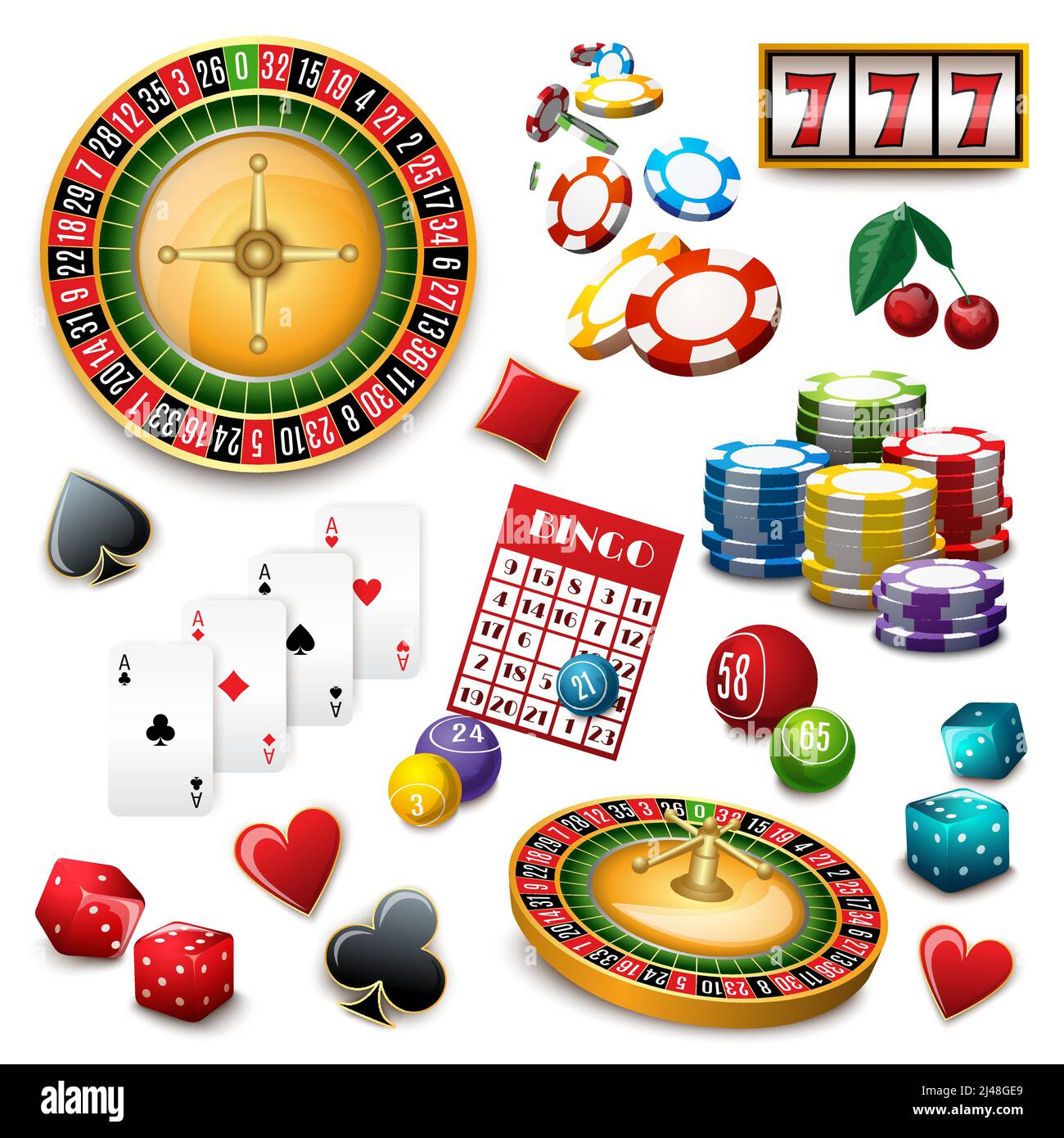katanaspin reviews: Exploring Cognitive Biases in Casino Gaming

Casino gaming is an engaging activity that attracts millions worldwide, but it is also laden with psychological pitfalls. One such pitfall is the gambler’s fallacy, a cognitive bias that can lead players to make poor decisions based on flawed reasoning. This article delves into the gambler’s fallacy and other cognitive biases that can impact players in the thrilling atmosphere of a casino.
The Gambler’s Fallacy Explained
The gambler’s fallacy occurs when players believe that past events influence future outcomes in games of chance. For instance, if a roulette wheel lands on red several times in a row, a player might think that black is “due” to occur. This belief, however, is fundamentally flawed because each spin of the wheel is an independent event, unaffected by previous results.
Examples of the Gambler’s Fallacy
- Roulette: Players may think that a specific number is less likely to come up after not appearing for a while.
- Craps: Some players believe that a series of losses will lead to a win, prompting them to increase bets irrationally.
- Slot Machines: Frequent players might assume a machine is “hot” or “cold” based on recent payouts.
Other Cognitive Biases in Casino Gaming
Beyond the gambler’s fallacy, various other cognitive biases can influence gambling behaviours. Understanding these biases can aid players in making more informed decisions.
Confirmation Bias
Confirmation bias refers to the tendency to favour information that confirms one’s existing beliefs. In a casino, this might manifest as players only remembering their wins and disregarding their losses. Such selective memory can reinforce their belief in a strategy, leading to further gambling despite negative outcomes.
Anchoring Bias
This bias occurs when players rely too heavily on the first piece of information they encounter. For instance, a player may see a friend win a large sum and anchor their expectations around that experience, leading them to chase losses or gamble more aggressively.
Impact of Cognitive Biases on Gambling Behaviour
These cognitive biases not only affect individual decision-making but also have broader implications for the gambling industry. Casinos often cultivate an environment that can trigger these biases, encouraging players to spend more time and money than they initially intended.
Strategies to Mitigate Cognitive Biases
- Awareness: The first step to combatting cognitive biases is acknowledging their existence. Players should educate themselves on these biases to make more rational decisions.
- Set Limits: Establishing clear limits on time and money spent can help reduce the impact of biases by promoting disciplined play.
- Take Breaks: Regular breaks can help players clear their minds and reassess their strategies without the influence of ongoing games.
The Role of Reviews in Informed Gambling Choices
As players navigate the world of casinos, resources such as katanaspin reviews can provide valuable insights. Reviews may highlight the experiences of other players, shedding light on the cognitive challenges faced in specific gaming environments. By considering these reviews, players can better understand the casinos’ atmospheres and the potential for cognitive biases.
Final Thoughts
Cognitive biases, including the gambler’s fallacy, play a significant role in casino gaming. By recognising these biases, players can make informed decisions and enhance their gambling experiences. Additionally, resources like katanaspin reviews can assist in understanding the nuances of various casino environments, ultimately benefiting the player.